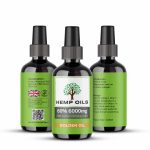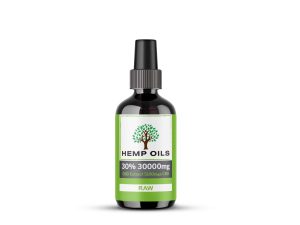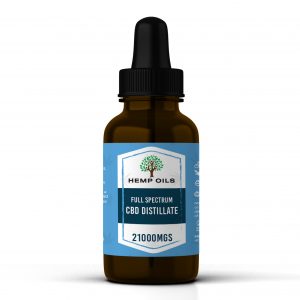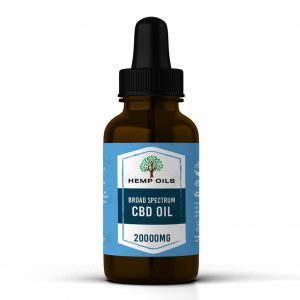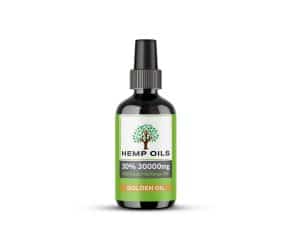CBD oil has gained immense popularity in recent years for its potential health benefits. However, choosing the right CBD oil can be a daunting task with the plethora of options available in the market. Two common types of CBD oil are full spectrum and broad spectrum. While they may sound similar, there are key differences that every consumer should be aware of. In this article, we will delve into the variances between full spectrum and broad spectrum CBD oil, helping you make an informed decision when selecting the right product for your needs.
Understanding CBD Oil: Full Spectrum vs. Broad Spectrum
CBD oil is derived from the hemp plant and contains various compounds, known as cannabinoids. The two main types of cannabinoids found in CBD oil are CBD (cannabidiol) and THC (tetrahydrocannabinol). CBD offers potential therapeutic effects without the psychoactive properties associated with THC. Full spectrum and broad spectrum CBD oil differ in their cannabinoid profile, particularly concerning the presence of THC.
Exploring the Variances: Full Spectrum CBD Oil
Full spectrum CBD oil contains a wide array of cannabinoids, including CBD, THC, and other beneficial compounds such as flavonoids and terpenes. The presence of THC in full spectrum CBD oil is usually within the legal limit of 0.3%. This small amount of THC can potentially enhance the therapeutic effects of CBD due to the entourage effect, where cannabinoids work synergistically to produce more significant benefits. However, it is crucial to note that using full spectrum CBD oil may result in a positive drug test due to the presence of THC.
Unveiling the Distinctions: Broad Spectrum CBD Oil
Broad spectrum CBD oil, on the other hand, also contains a variety of cannabinoids, flavonoids, and terpenes, similar to full spectrum CBD oil. However, it goes through an additional refinement process to remove all traces of THC while retaining the beneficial compounds. This makes broad spectrum CBD oil an ideal option for those who want to experience the potential benefits of multiple cannabinoids and terpenes without the risk of THC’s psychoactive effects or triggering a positive drug test result.
Choosing the Right CBD Oil: Full Spectrum or Broad Spectrum?
The choice between full spectrum and broad spectrum CBD oil ultimately depends on personal preferences and specific needs. If you live in an area where THC is legal and want to experience the potential benefits of the entourage effect, full spectrum CBD oil may be the right choice for you. However, if you are sensitive to THC, prefer to avoid it due to personal or professional reasons, or want to reduce the risk of a positive drug test, broad spectrum CBD oil is likely the better option.
When purchasing CBD oil, it is crucial to ensure that the product is sourced from a reputable manufacturer and undergoes third-party testing to verify its cannabinoid profile and absence of contaminants. Reading product labels and understanding the cannabinoid content can help you make an informed decision based on your desired outcomes and personal circumstances.
In conclusion, both full spectrum and broad spectrum CBD oil offer potential therapeutic benefits, but their cannabinoid profiles and THC content differ. Full spectrum CBD oil contains CBD, THC, and other beneficial compounds, potentially enhancing the entourage effect. Broad spectrum CBD oil, on the other hand, undergoes an additional refinement process to remove THC while retaining other beneficial compounds. Ultimately, the choice between the two depends on individual preferences and the desired outcome. By understanding the differences, you can confidently select the right CBD oil for your specific needs and ensure a positive experience with this increasingly popular natural remedy.
